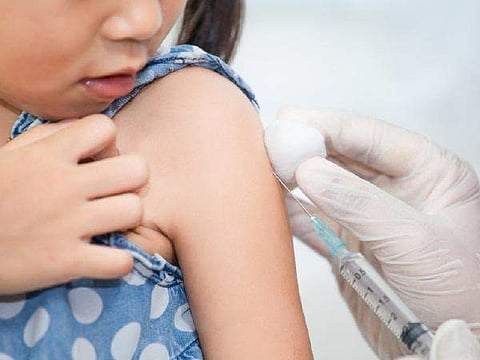

If all goes well, the researchers from the University of Queensland, Australia may just develop a vaccine for the deadly Coronavirus by the middle of the year. After being asked to find a solution by The Coalition for Epidemic Preparedness Innovations (CEPI), the researchers in the School of Chemistry and Molecular Biosciences have already started working towards this.
While the researchers do not guarantee that their quest will be successful, they say that if the studies go according to the plan, they may be able to begin animal trials in 1-2 months and human clinical trials by mid-year. "At the moment, public health measures are all that we have at our disposal to contain this ongoing epidemic. The best-case scenario for us is that these measures will arrest the spread of the epidemic with cases progressively diminishing and vaccines will not be required," says Dr Paul Young, Head of School, School of Chemistry and Molecular Biosciences. "The university's Molecular Clamp technology ensures that synthetic proteins are locked into a structure that mimics the form of the protein on the virus surface. This stabilisation means the vaccine is able to accurately teach the immune system to recognise the protein present on the virus surface," he says.
The researchers' priority will be to vaccinate healthcare workers first and then reach out to the vulnerable crowd. "This includes the elderly and people with chronic diseases such as diabetes and lung disease. These people are more susceptible and account for the majority of the deaths so far," says Simon Reid, Associate Professor Global Disease Control, School of Public Health. He also talks about the possible cause of the virus. "China has a complex wildlife food system that provides different wildlife types for people who wish to consume them. This system must have elements that allow interaction with wildlife that then provide opportunities for bats to pass on viruses to wildlife. Humans that interact with this wildlife via the live animal markets can become infected," he adds.
